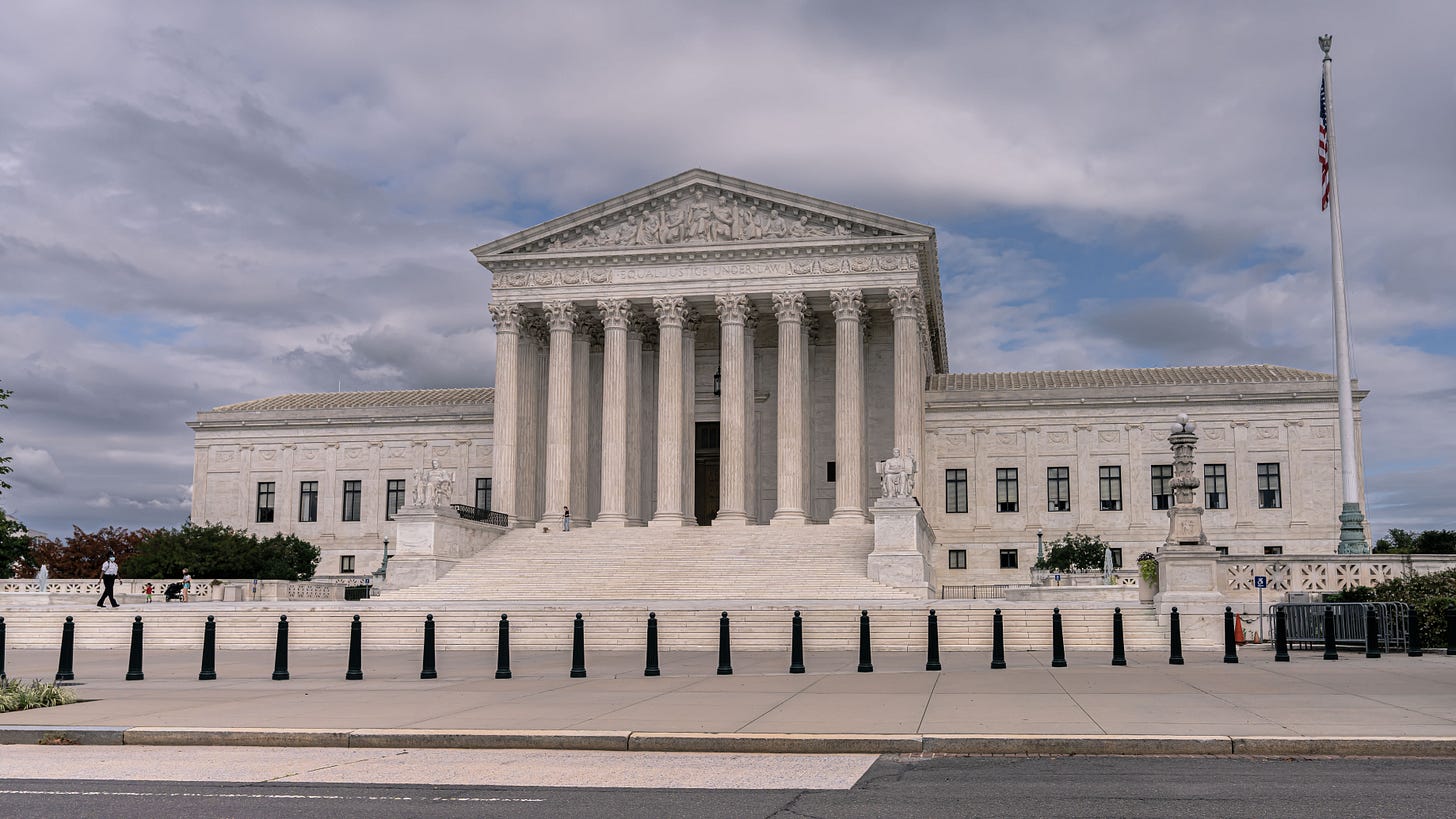Revisiting the Cole Memo
How the DOJ advised federal attorneys to prioritize cannabis prosecutions

A decade ago, U.S. cannabis legalization was on a roll. Medical cannabis was legal in 19 states, and Colorado and Washington had just adopted the nation’s first non-medical cannabis legalization measures. The federal government had stopped calling their drug policies a “war on drugs” (although the policies themselves hadn’t changed very much).
The conflict between state and federal cannabis laws was growing, and federal prosecutors needed guidance on how to navigate the divide.
Enter James Cole.
Cole was the Deputy Attorney General for the U.S. Department of Justice. His job was to direct and guide prosecutors on the enforcement of federal laws.
In 2013, Cole issued a memo to all U.S. Attorneys advising them to de-prioritize prosecution of cannabis businesses that followed state laws. The memo didn’t limit the federal government’s ability to enforce the law, and it didn’t provide a defense for anyone caught violating those laws. Instead, it basically said that there were some types of cannabis crimes worth prosecuting and some that weren’t worth using limited resources for.
The memo became known as the “Cole Memo.” It described eight priorities for federal enforcement and encouraged states to incorporate these into their cannabis laws:
Prevent cannabis sales to minors
Prevent cannabis revenue from going to criminal organizations
Prevent cannabis from moving from legal states to other states (“diversion”)
Prevent state-legal cannabis from being used as a front for illegal activity or drug trafficking
Prevent violence and use of firearms by cannabis businesses
Prevent drugged driving (DUIs) and negative public health effects
Prevent cannabis from being grown on public lands
Prevent cannabis possession on federal property
Memos, memos and more memos
The Cole Memo wasn’t the first DOJ memo about cannabis. Then Deputy AG James Ogden issued one in 2009, which gave basically the same guidance but in an era of medical cannabis laws.
Ogden’s memo also said that the size of the operation should be a factor when deciding to prosecute. Individuals and their caregivers should be left alone, but large-scale operations1 (even when their purpose was to provide medical cannabis) should still be prosecuted. Cole reiterated this position against commercial operations in 2011, before walking it back in the 2013 memo.
The Cole Memo didn’t address tribes, and the same conflict existed between federal and tribal laws. In 2014, then DOJ Director Monty Wilkinson issued a memo to address this slightly-different question. Wilkinson said the Cole Memo’s eight priorities also applied to federal cannabis prosecutions in Indian Country, and attorneys should work closely with tribal governments (and… you know… keep us posted on what you do…).
So, that’s five memos within five years, which is pretty illustrative of how quickly cannabis policy was and is changing.

Enter Jeff Sessions.
Sessions became the U.S. Attorney General in February 2017. He was notoriously anti-cannabis, and he was sick of all the DOJ memos encouraging prosecutorial discretion. On January 4, 20182, he issued a memo of his own rescinding all of the previous cannabis memos.
Everyone wondered how Sessions’ memo would affect states, but it really didn’t. The priorities of the Cole Memo continued to be the priorities of state cannabis laws, and everyone continued along in the weird grey space of state-federal conflict.
The DOJ memos were helpful for understanding the federal government’s perspective and priorities (and maybe they imparted some tiny peace of mind), but they weren’t binding on law enforcement or attorneys.
Enter Merrick Garland?
Review is now underway to potentially move cannabis from Schedule I to Schedule III (which a ton of people have now written about this, including me and Jeremy Berke). Importantly, rescheduling would do nothing to address conflicts between state and federal law, so it doesn’t really fix the confusing landscape that led to all these memos.
There are some people suggesting that, if rescheduling occurs, U.S. Attorney General Merrick Garland should be the next to issue a memo addressing these continued conflicts.
Memo or no memo, U.S. states will continue on with their grand cannabis experiments, businesses will continue to live with hope but uncertainty, and the chasm between state and federal law will continue to grow3.
Resources
Department of Justice Memos:
2009 – Ogden Memo: Investigations and Prosecutions in States Authorizing Medical Use of Marijuana
2011 – Cole Memo: Guidance Regarding the Ogden Memo
2013 – Cole Memo: Guidance on Marijuana Enforcement
2014 – Wilkinson Memo: Policy Statement Regarding Marijuana Issues in Indian County
2018 – Sessions Memo: Marijuana Enforcement
Timeline of State Cannabis Legalization – Marijuana Business Daily
The wording in Ogden’s memo characterizing these large-scale operations being “for profit” led to a proliferation in California of specialized not-for-profit business structures, called Nonprofit Mutual Benefit Corporations.
I worked for the State of California at the time. We were four days into the launch of non-medical cannabis sales when Sessions rescinded the previous memos. What a headache.
This last sentence may read a bit more cynical than intended.

